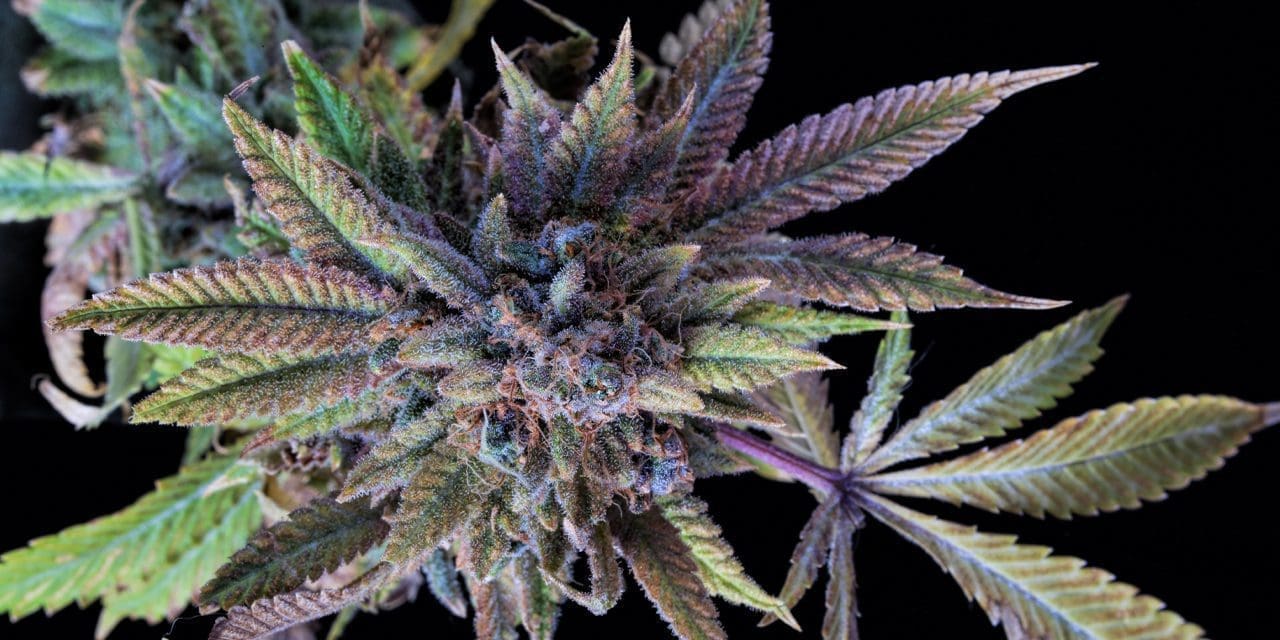8 Landrace Strains You Need to Know About
3 min read



There are thousands of cannabis strains available to consumers on the current legal market, but all these varieties descend from a few dozen “native” cannabis types called landrace cannabis.
These landraces are naturally-growing varieties of marijuana, adapted to their growing environments and known for producing a unique blend of terpenes, cannabinoids, flavonoids, and physical characteristics due to their adaptations.
In this article, we dive into the history of landrace strains and explore eight of the most well-known cultivars available today.
Get your medical marijuana card
Connect with a licensed physician online in minutes.
Larger purchase limits Access to higher potency strains Save up to 40% on product taxes Enhanced legal protection
What Is a Landrace Strain, Exactly?
Landrace strains are cultivars of cannabis that evolved stable genetics over centuries of natural selection and adaption to the environment in which they grew.
Cannabis is a very adaptable plant. As generations of humanity spread throughout the world, so too did cannabis, becoming a “native” of numerous regions in the Middle East, Africa, the Americas, and Asia.
How Many Landrace Strains Exist?
There are reportedly more than 30 landrace cannabis strains across the globe, some of which aren’t as popular as the more notable cultivars in our list below.
Landrace cultivars originate from countries in Central South Asia, the Middle East, Central and South America, and throughout the African continent.
Original Landrace Strains
The original landrace strain, to which all landrace and hybrid cultivars can trace their genetic origins, first grew in the Hindu Kush foothills of the Himalayas, in an area that spans the Afghan/Pakistan border.
This first wild strain spread from the region and adapted into what we know as landrace strains across the globe today. Yet even now, strains descended from this original cannabis plant are coveted by hash makers for their high resin production and resistance to most pests and diseases.
Landrace Sativa Strains
Landrace sativa strains usually produce taller plants with long, fluffy buds and spacious lateral branching. These strains typically have a more extended flowering period and favor warmer, dryer climates for growing.
Acapulco Gold
Acapulco Gold originated in the Guerrero Mountains of Mexico and was named for the nearest city, Acapulco, and the distinct golden hue of the plant. The strain tests at higher average levels of THC and was one of the most sought-after cultivars in the 1960s. Common terpenes in Acapulco gold include beta-caryophyllene, myrcene, and limonene.
Colombian Gold
Colombian Gold originates from Colombia and gets its name for its brownish-gold coloring. The strain first became famous for its moderate THC levels and skunky, pungent aroma, comprised of humulene, beta-caryophyllene, and myrcene.
Durban Poison
Durban Poison is one of the marijuana market’s most well-known landrace strains, hailing from the South African port city of Durban and dating back to the 14th century. The strain contains higher levels of THC, low amounts of CBD, and higher quantities of cannabinoids such as THCV and CBG.
Thai
Thai landrace cultivars are pure sativas: tall plants with many branches and long, serrated fan leaves. These sweet, aromatic buds feature spicy caryophyllene and terpinene, which contribute to their spiced, fruity flavor and energizing, mentally-stimulating effects.
Connect with a licensed physician online in minutes and unlock access.
Landrace Indica Strains
Afghan
Afghani hails from the Hindu Kush mountain region on the border between Afghanistan and Pakistan. Afghan Kush features high levels of myrcene, citrusy limonene, and pinene. The strain developed over the years to produce highly resinous buds, which made it well-loved for hash production.
Hindu Kush
Hindu Kush refers to a collection of landrace strains from the high-altitude valleys of Afghanistan and Pakistan. These indica landrace strains produce bushier, broader plants with closely bunched leaf-to-calyx ratios. Hindu Kush strains often feature beta-caryophyllene, humulene, and limonene, which contribute to their spicy, earthy aromas.
Mazar I Sharif
Mazar I Sharif is a derivative of Hindu Kush, native to Afghanistan and featuring lovely red coloring. The strain reportedly contains higher levels of CBD than average and features linalool, beta-caryophyllene, and myrcene and is known to promote relaxation and aid in physical discomforts.
Landrace Ruderalis Strains
Technically, Cannabis ruderalis is a landrace strain in those varieties of ruderalis that grow in the wild and adapt to their environments. Ruderalis was first identified in the area between Central Asia and Russia and still grows wild in the region.
Ruderalis plants are shorter and produce fewer leaves than other cannabis species. As an auto-flowering strain, ruderalis plants flower naturally upon maturity, meaning they bloom faster and without requiring a change in light conditions. Ruderalis also reportedly contains higher amounts of CBD and lower varieties of THC than many strains.
There is some debate among botanists about whether or not Cannabis ruderalis is related to Cannabis sativa. Still, there are many similarities in the compounds found in both plants. Moreover, both species can be crossed with each other, so there seem to be more similarities than differences.
The Bottom Line
Thousands of cannabis cultivars currently exist on the market, presenting consumers with more variety of choices than at any other point in history. While there’s a strain for everyone, landrace strains offer an opportunity to experience “wild” cannabis plants that have developed unique traits based on their home growing environment.
Get Your Medical Card
Connect with a licensed physician online in minutes.
Larger purchase limits Access to higher potency strains Save up to 40% on product taxes Enhanced legal protection